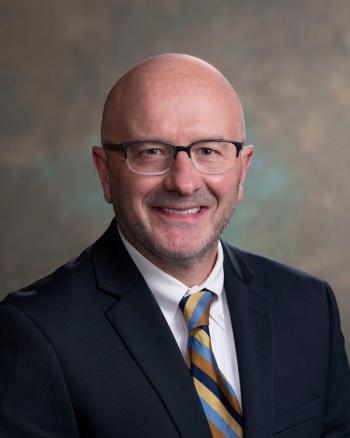
Physician burnout, COVID-19, and the patient safety challenge
The pandemic has placed greater burdens on physicians, providers, and staff.
Physicians on the frontline of the battle against COVID-19 are feeling burned out after being under intense pressure for more than a year. According to Medscape’s
The Medscape report, which surveyed 12,000 physicians, also concluded that of those who reported depression (15%) said, “I make errors that I might not ordinarily make.” Physician burnout, even pre-COVID,
In a
“Prescription error rate correlated with long duty hours. Specifically, physicians were more than twice as likely to err during their second or third successive shift than in their first (or only) shift (1.88% vs 0.88% respectively, P < .0001). Furthermore, physicians during their third successive shifts had a 17% higher chance to err than in their second shift (2.10% and 1.80% vs 0.88%, P < .0001).”
In this study, medication-related errors, which put patients at risk, occurred with greater frequency as physicians were put under the duress of successive shifts and longer working hours. This study, conducted before the outbreak of the pandemic, demonstrates a proven link between burnout and likelihood to err in clinical decision making.
COVID-19 Has Amplified the Physician Burnout-Patient Safety Relationship
Despite the heroic efforts of physicians and care teams around the globe, it is only logical that taking physicians to the extreme—as has been the case for healthcare workers around the globe during the pandemic—will lead to further mistakes. The issue of burnout becomes a vicious circle; higher levels of burnout lead to
With
Physicians have to familiarize themselves with a patient’s medical history, sometimes with only a partial view, in a very short period of time in order to render clinical judgement, and due to a number of constraints – budgetary, staffing, and others – have less time to spend with each patient. Each minute that passes piles on the pressure and can potentially add to the risk of clinical error. This is not a theoretical risk but a real one. The
So, this is the conundrum: we celebrate the immense contribution made by physicians every day, often at the cost of their own mental and physical health, and yet we constantly demand more from them even under unprecedented pandemic conditions.
Using new technologies to enhance safety under pressure
The amount of data available on each patient is immense. Given the amount of pressure already placed on physicians in terms of patient load and work hours, it would be untenable for any physician to dedicate the necessary hours to pour over a single patient’s historical records to identify specific anomalies that appear as “needles in a haystack”. We must look to new developments in AI and Machine Learning to help us with this critical task.
AI algorithms within decision-support platforms can scan through the patient’s entire medical record in milliseconds and do not suffer from the fatigue of back-to-back shifts and other external pressures. In a continuous manner, and in real-time, a robust AI-driven decision support software has the ability to analyze huge amounts of data to model and understand the practice patterns of thousands of physicians treating millions of patients, flagging outlier medications and situations that may conflict with the profile of the patient or prescribing physician, assisting in decision making to prevent adverse events before it is too late. This does not detract from the physician’s role as the ultimate decision maker when it comes to caring for her/his patient; it only supports and enhances it.
If we use new technologies such as AI and machine learning to provide a safety net and assist in decision support, we can reduce medication-related risks and keep our patients safe, even under stressful situations.
About the Author
Dr. Gidi Stein is a practicing Physician, researcher and co-founder of
Newsletter
Optimize your practice with the Physicians Practice newsletter, offering management pearls, leadership tips, and business strategies tailored for practice administrators and physicians of any specialty.






